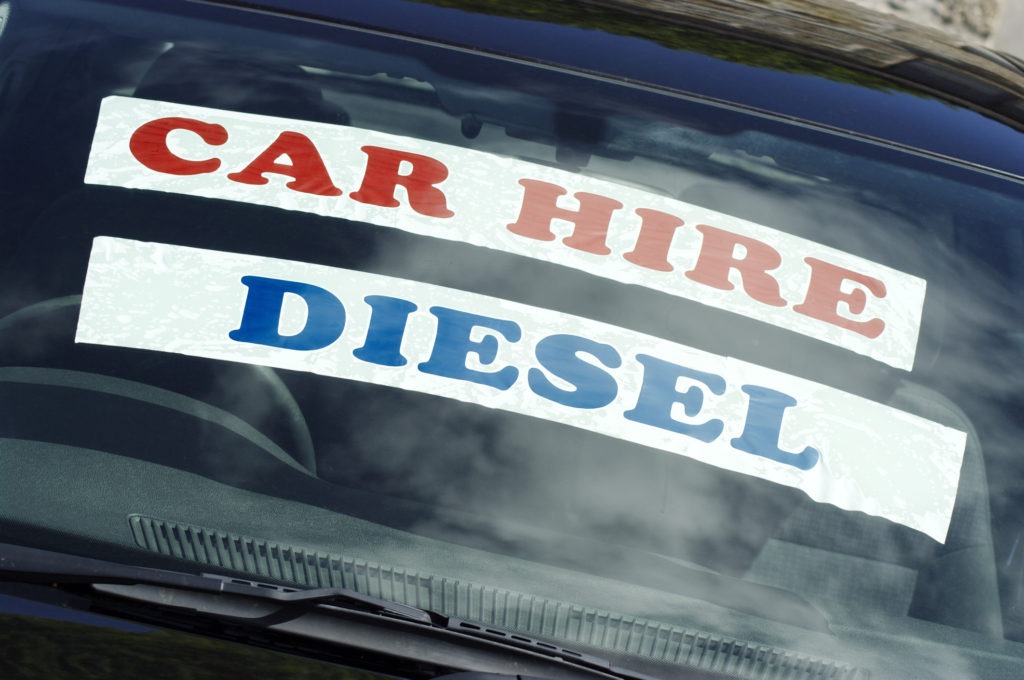French TCO reaches record lows, according to Arval
22 June 2017

22 June 2017
Fleet managers are enjoying the Total Cost of Ownership (TCO) of their vehicles in France reaching historic lows, according to Arval’s independent think tank.
The new figures from the annual TCO Scope survey confirm previous downwards trends in French TCO. It is being driven by companies and organisations diversifying the usage of their fleets, which allows them to effectively match more closely each vehicle type to applications that best match their individual strengths. The survey was done by l’Observatoire du Véhicule d’Enterprise, the French unit of Arval’s Corporate Vehicle Observatory (CVO) think tank.
The TCO Scope 2017 report observes that the ′average price per kilometre driven’ for the vehicles last year fell a further 0.87% for cars (to €0.34/km), and by 1.16% for light commercial vehicles (LCVs) (to €0.254/km) compared to 2015.
General manager of l’Observatoire du Véhicule d’Enterprise said: ′That trend is powered by three main factors: fuel prices have fallen, and so have interest rates and other financing costs, and the second-hand market remains strong, ensuring good residual values for the vehicles at the end of their first life.’ However, he warns these positive trends are not expected to last.
In addition, increases in the number of fleet vehicles registered in 2016 year-on-year are not being sustained so far in 2017. In 2016, taking corporates (excluding OEMs and short-term rental companies), as well as public sector fleets and long-term rental companies altogether, these fleets registered a total of 789,783 new vehicles (cars and LCVs) in 2016, which was up 8.1% year on year. Cars increased 9% to 467,294 units, and LCVs were up 6.7% to 322,489 units.
This made the corporate share of the total market in 2016 the largest ever – accounting for 32.56% of the total market, compared to 31.85% in 2015 and 30% in 2012.
However, the picture appears to be shifting this year.
Fourniou warns that this surge in the fleet market appears to be at an end. He said: ′For the first months of 2017, the monthly figures alternate between rising and falling, with the first quarter showing an average decline of -0.8%.’
In terms of powertrains, while diesel remains by far the favourite fuel for corporate fleets, with an 86% share of the total corporate market in 2016. This was a slight downward trend, with the share falling 1.36% compared to 2015. This is likely due to talks of upcoming diesel restrictions in cities, including in Paris, leading to fleet managers looking to add flexibility to their fleets to ensure continued access to these city areas.
However, in terms of raw numbers, the number of diesel corporate cars and LCVs continued to rise, by 6.4% year on year to 679,136 units in 2016. This was countered by a much greater rise in the minority of petrol cars and LCVs registered for French corporations, up nearly 30% (29.7%) in 2016 year on year; this nascent segment thus grew to a total 10.77% share of the corporate market.
Nevertheless, analysts expect petrol to increase its share in corporate fleets in the coming years, as French tax reforms de-favourising diesel put petrol on a more level and competitive playing field with diesel, as concerns about high health-harming NOx emissions of diesels grow.
Hybrids through have not benefitted from this low-emission drive, crashing 17.5% last year to only a 1.93% share of the French corporate market. Electric cars, conversely, performed strongly from a very low base, up 26.4% – making up a 1.20% share of French corporate fleets in 2016.
This disparity between the fortunes of hybrid and all-electric powertrains may be down to fuel economy. Hybrid vehicles tend to have a short electric range, and have poor fuel economy in ′combustion engine’ mode, since they are lugging along a heavy flat battery, and are not optimised for this form of travel. Electric vehicles meanwhile have a niche in city centres, where taxation and the rapid stop-start nature of journeys in these areas make electric vehicles increasingly desirable as the technology improves.